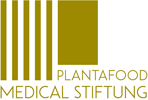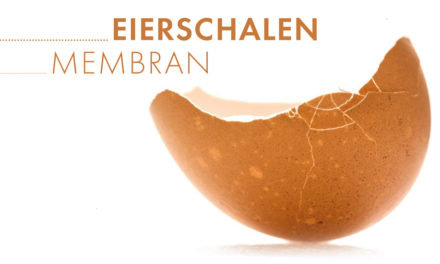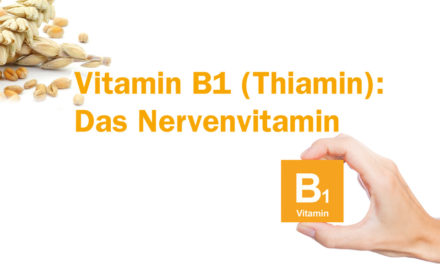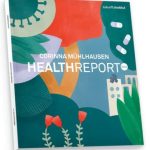Muthukumaran Jayachandran 1, Jianbo Xiao 2,* and Baojun Xu 1,*
1 Programme of Food Science and Technology, Division of Science and Technology, Beijing Normal University–Hong Kong Baptist University United International College, No. 28 Jinfeng Road, Tangjiawan, Zhuhai 519085, Guangdong, China; jmkbio@uic.edu.hk
2 State Key Laboratory of Quality Research in Chinese Medicine, Institute of Chinese Medical Sciences, University of Macau, Macau, China
* Correspondence: JianboXiao@umac.mo (J.X.); baojunxu@uic.edu.hk (B.X.); Tel.: +86-75-6362-0636 (B.X.)
Received: 10 July 2017; Accepted: 5 September 2017; Published: 8 September 2017
Abstract: Mushrooms have long been used for medicinal and food purposes for over a thousand years, but a complete elucidation of the health-promoting properties of mushrooms through regulating gut
microbiota has not yet been fully exploited. Mushrooms comprise a vast, and yet largely untapped, source of powerful new pharmaceutical substances. Mushrooms have been used in health care for
treating simple and common diseases, like skin diseases and pandemic diseases like AIDS. This review is aimed at accumulating the health-promoting benefits of edible mushrooms through gut microbiota.
Mushrooms are proven to possess anti-allergic, anti-cholesterol, anti-tumor, and anti-cancer properties. Mushrooms are rich in carbohydrates, like chitin, hemicellulose, β and α-glucans, mannans, xylans, and galactans, which make them the right choice for prebiotics. Mushrooms act as a prebiotics to stimulate the growth of gut microbiota, conferring health benefits to the host. In the present review, we have summarized the beneficial activities of various mushrooms on gut microbiota via the inhibition of exogenous pathogens and, thus, improving the host health.
Keywords: mushroom; prebiotics; gut microbiota; anti-diabetic; anti-cancer








